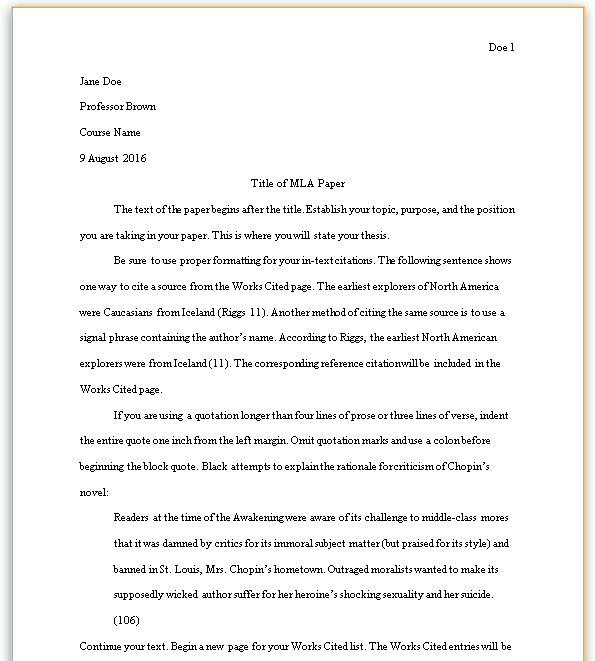- Which of the following best explains how heat is transferred in a fluid?
a) Heat moves from the hotter areas to the cooler areas through a process called convection.
b) Heat moves from the cooler areas to the hotter areas through conduction.
c) Heat moves through a solid in a process called radiation.
d) Heat is transferred by direct contact of particles in the air.
Answer: a) Heat moves from the hotter areas to the cooler areas through a process called convection. - Which of the following is NOT an example of radiation?
a) A microwave heating food
b) The Sun warming the Earth
c) A metal spoon heating up in hot water
d) A person feeling warmth from a campfire
Answer: c) A metal spoon heating up in hot water - Which type of material best absorbs thermal radiation?
a) Smooth and shiny materials
b) Dark and rough materials
c) Light and reflective materials
d) Transparent materials
Answer: b) Dark and rough materials - What is the primary function of radiation in the cooking process?
a) To directly heat up the cooking container
b) To heat up food through direct contact with hot surfaces
c) To transfer energy in the form of electromagnetic waves
d) To create a convection current around the food
Answer: c) To transfer energy in the form of electromagnetic waves - What happens to electromagnetic waves as they travel through different materials?
a) They are absorbed or reflected based on the properties of the material
b) They lose energy and stop after a certain distance
c) They become more intense as they pass through denser materials
d) They change color as they pass through transparent materials
Answer: a) They are absorbed or reflected based on the properties of the material - Which of the following materials is the best at reflecting electromagnetic waves?
a) Black velvet
b) Clear glass
c) Shiny metal
d) Dark stone
Answer: c) Shiny metal - What is the primary characteristic of a good absorber of radiation?
a) It is smooth and shiny
b) It is dark-colored and rough
c) It is transparent and reflective
d) It is light-colored and smooth
Answer: b) It is dark-colored and rough - Which of the following would most likely warm up the quickest when exposed to the Sun?
a) A black cloth
b) A white cloth
c) A shiny metal object
d) A piece of paper
Answer: a) A black cloth - In the context of thermal energy, which type of radiation is most often used for medical treatment?
a) Microwaves
b) Gamma rays
c) Radio waves
d) Infrared radiation
Answer: b) Gamma rays - Which of the following is a practical application of thermal radiation in everyday life?
a) Using a microwave to heat food
b) Boiling water on a stove
c) Using a fan to circulate heat
d) Using a hot water bottle for warming
Answer: a) Using a microwave to heat food - Which of the following describes how thermal energy is transferred when using a heat lamp?
a) The heat is transferred by conduction through the air.
b) The heat is transferred by convection through water.
c) The heat is transferred by radiation through space.
d) The heat is transferred by reflection from nearby objects.
Answer: c) The heat is transferred by radiation through space. - Which of the following is a method of heat transfer that does NOT require a medium?
a) Conduction
b) Convection
c) Radiation
d) Diffusion
Answer: c) Radiation - Why does radiation not require a medium to transfer energy?
a) It can only move through gases.
b) It involves the movement of particles through solids.
c) It involves electromagnetic waves, which can travel through the vacuum of space.
d) It requires the presence of air for transmission.
Answer: c) It involves electromagnetic waves, which can travel through the vacuum of space. - Which of the following materials would most likely allow the best transmission of thermal energy?
a) Wood
b) Metal
c) Rubber
d) Water
Answer: b) Metal - How do engineers use radiation to improve energy efficiency in buildings?
a) By adding materials that reflect heat away from buildings
b) By using transparent materials to absorb energy
c) By ensuring heat is transferred by conduction through materials
d) By installing heat pumps to radiate heat efficiently
Answer: a) By adding materials that reflect heat away from buildings - Which scenario involves both conduction and radiation?
a) A pot heating up on a stove
b) A hand warming up near a fireplace
c) A blanket keeping you warm in bed
d) Ice melting on a warm sidewalk
Answer: b) A hand warming up near a fireplace - Which of the following best describes the process of radiation?
a) Heat transfer through direct contact between materials
b) Heat transfer through movement of particles in a fluid
c) Heat transfer through electromagnetic waves
d) Heat transfer through material absorption only
Answer: c) Heat transfer through electromagnetic waves - What type of wave is responsible for the transfer of thermal energy through radiation?
a) Sound waves
b) Electromagnetic waves
c) Water waves
d) Seismic waves
Answer: b) Electromagnetic waves - Which factor most directly influences the rate of absorption of thermal radiation by a material?
a) The thickness of the material
b) The color and texture of the material
c) The amount of air between the material and the heat source
d) The density of the material
Answer: b) The color and texture of the material - Which of the following best describes the relationship between frequency and energy in electromagnetic waves?
a) Higher frequency means lower energy
b) Lower frequency means higher energy
c) Higher frequency means higher energy
d) Frequency has no effect on energy
Answer: c) Higher frequency means higher energy
This completes the full set. Let me know if you’d like further adjustments!
Don't use plagiarized sources. Get Your Custom Essay on
How heat is transferred in a fluid?
Just from $13/Page


